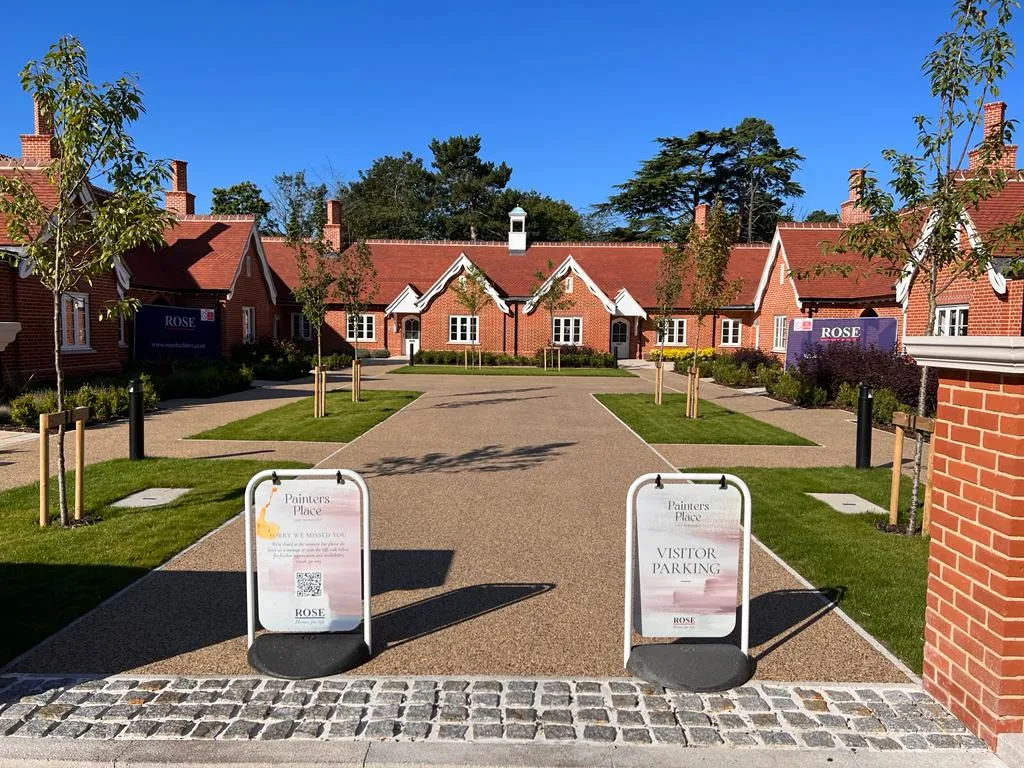 Add My Company
Add My Company

In our collective journey towards sustainability, every aspect of our lifestyle warrants consideration, including outdoor paving. Traditional paving methods often involve materials and practices that can harm the environment, but there's a rising trend towards sustainable alternatives. Resin paving is emerging as a frontrunner in eco-friendly outdoor surfacing solutions.
In this article, we’ll delve into the realm of resin paving, exploring its environmental benefits, applications, and why it’s paving the way towards a greener future.
Sustainable Benefits of Resin Paving
#1. Recycled Content
Resin paving systems often incorporate recycled materials, such as crushed glass or recycled plastics and rubber, reducing the demand for virgin resources and diverting waste from landfills.
#2. Permeability
Unlike traditional impermeable surfaces like concrete or asphalt, resin bound paving, EPDM wet pour surfacing, and Decra®Flex rubber paving, allow water to permeate through the surface, promoting natural drainage and reducing stormwater runoff.
#3. Reduced Energy Consumption
The manufacturing process of resin paving typically requires less energy compared to traditional paving materials like concrete or asphalt, resulting in lower carbon emissions.
#4. Longevity and Durability
Resin paving systems boast exceptional durability and longevity, reducing the need for frequent repairs or replacements and minimising material waste over time.
Applications of Resin Paving
#1. Driveways
Resin bound driveways offer a visually appealing and durable alternative to traditional concrete or asphalt driveways, with the added benefit of permeability to mitigate surface water runoff. What’s more, it’s SuDS-compliant, making it the perfect solution for housing developers to comply with the Flood and Water Management Act 2010 which mandates the use of SuDS-complaint drainage systems.
#2. Pathways and Walkways
Resin bound or Decra®Flex rubber surfacing on pathways, walkways, or bridlepaths provides a smooth, accessible surface for pedestrians while allowing water to drain through, preventing puddles and reducing slip hazards.
#3. Patios and Courtyards
Resin bound paving can transform outdoor living spaces, enhancing aesthetics with customisable colours and textures while maintaining permeability for efficient water management.
#4. Public Spaces
Resin bound paving is increasingly used in public areas such as parks, and urban streetscapes, contributing to sustainable urban design by mitigating heat island effects and improving water infiltration. EPDM wet pour surfacing also boosts these benefits but also provides a safe surfacing in and around children’s play equipment to reduce the risk of injury should a fall happen.
Installation and Maintenance
#1. Professional Installation
Proper installation by trained professionals such as HMS ensures the longevity and effectiveness of resin paving systems, minimising the risk of issues such as cracking or displacement.
#2. Regular Maintenance
While there is little maintenance required for resin paving systems, there is some routine maintenance that preserves the appearance and performance of resin paving, prolonging its lifespan and sustainability benefits, including regular cleaning and resealing as necessary.
#3. Responsible Disposal
At the end of its lifecycle, resin paving materials can often be recycled or repurposed, further reducing environmental impact and closing the loop on sustainability.
Resin paving represents a paradigm shift in outdoor surfacing, offering a sustainable alternative to conventional paving materials. With its recycled content, permeability, and durability, resin surfacing is paving the way towards a greener future, one surface at a time. Whether it’s a residential driveway, a public recreational space, or a commercial courtyard, choosing resin paving is not just a decision for today but an investment in a more sustainable tomorrow.
For more information on Paving the Way: Sustainable Solutions in Outdoor Paving with Resin Surfacing talk to HMS Decorative Surfacing Ltd
